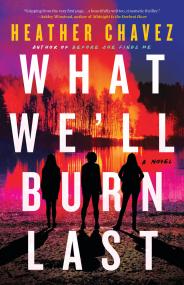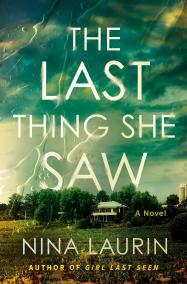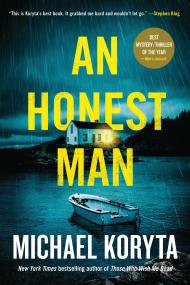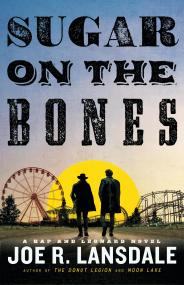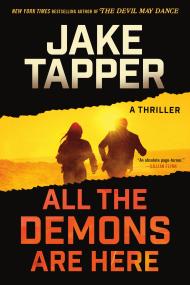In a Lonely Place
Formats and Prices
Format
Format:
Trade PaperbackThis item is a preorder. Your payment method will be charged immediately, and the product is expected to ship on or around August 15, 2017. This date is subject to change due to shipping delays beyond our control.
Also available from:
Los Angeles in the late 1940s is a city of promise and prosperity, but not for former fighter pilot Dix Steele. To his mind nothing has come close to matching “that feeling of power and exhilaration and freedom that came with loneness in the sky.” He prowls the foggy city night–bus stops and stretches of darkened beaches and movie houses just emptying out–seeking solitary young women. His funds are running out and his frustrations are growing. Where is the good life he was promised? Why does he always get a raw deal? Then he hooks up with his old Air Corps buddy Brub, now working for the LAPD, who just happens to be on the trail of the strangler who’s been terrorizing the women of the city for months…
Written with controlled elegance, Dorothy B. Hughes’s tense novel is at once an early indictment of a truly toxic masculinity and a twisty page-turner with a surprisingly feminist resolution. A classic of golden age noir, In a Lonely Place also inspired Nicholas Ray’s 1950 film of the same name, starring Humphrey Bogart.
- On Sale
- Aug 15, 2017
- Page Count
- 224 pages
- Publisher
- NYRB Classics
- ISBN-13
- 9781681371474
By clicking 'Sign Up,' I acknowledge that I have read and agree to Hachette Book Group’s Privacy Policy and Terms of Use
